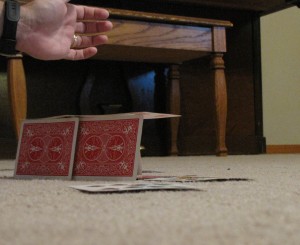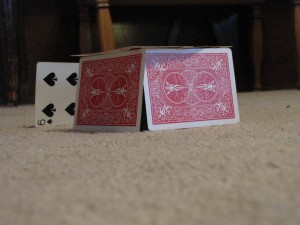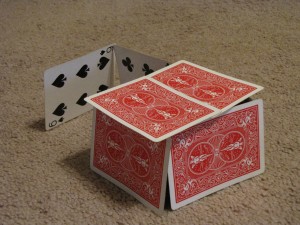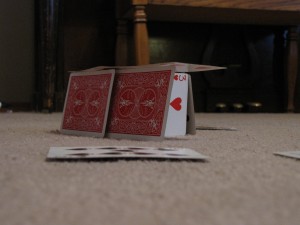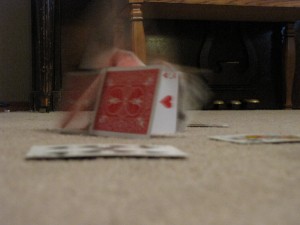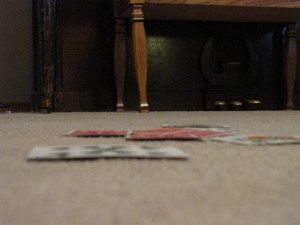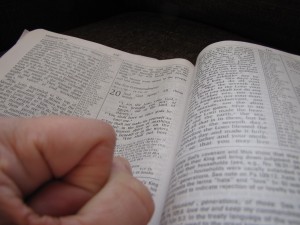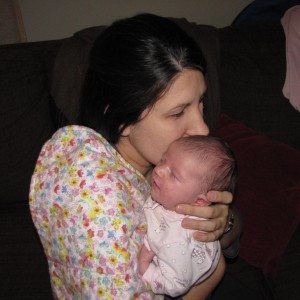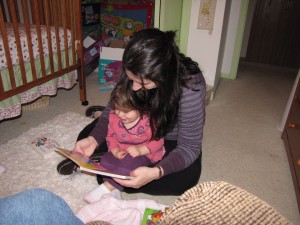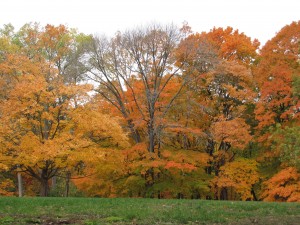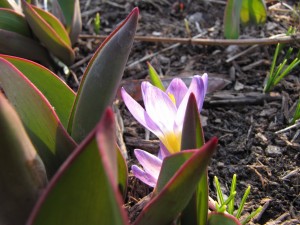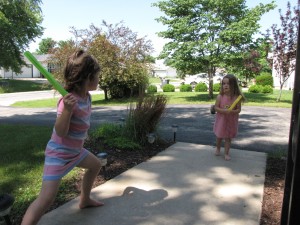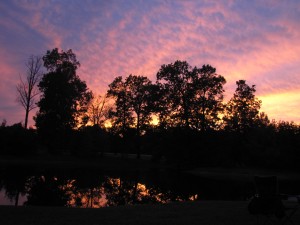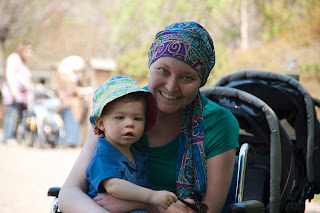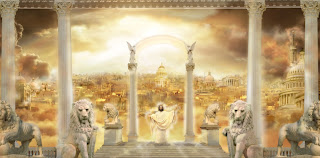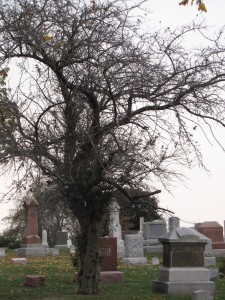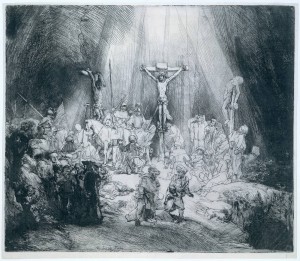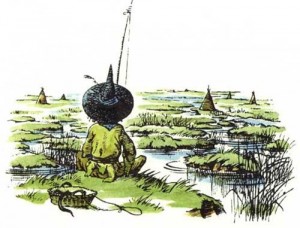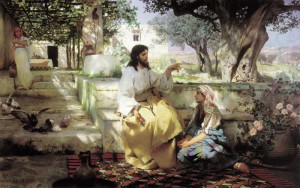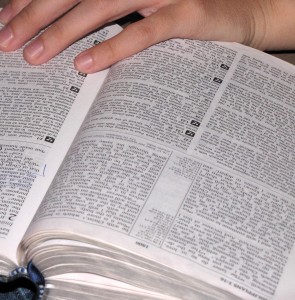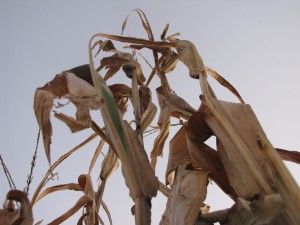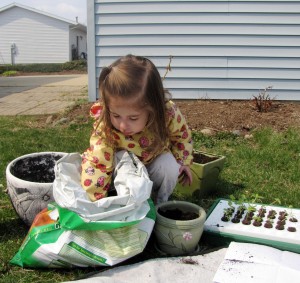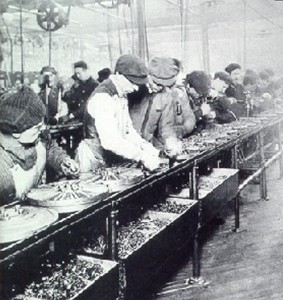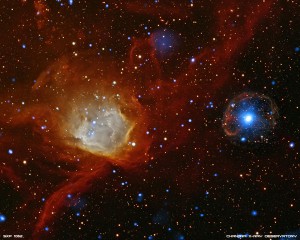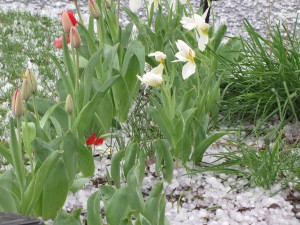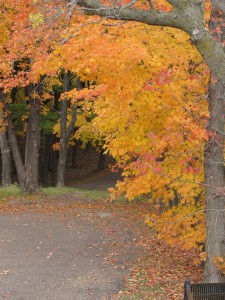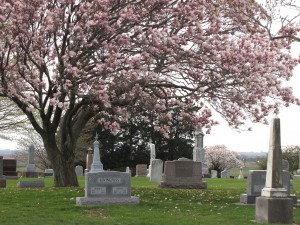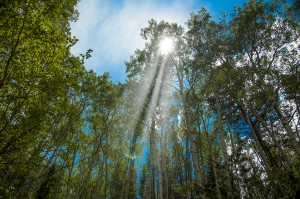Children have control over so little in their lives.
We grownups like to think that we have control over our lives, but perhaps that is only illusion.
Daddies and Mommies tell them when to get up and when to lie down, when to eat and when to play, what to wear and where to go. Children will often grasp at anything that will give them more power over their lives.


One of the things I’ve noticed that children use to gain a little control is knowing what name to call things, especially when that thing frightens them a little. When she was smaller, my eldest daughter’s constant response to a loud noise was That was? That was? Now that she is a little older, she asks What was that? That noise? Knowing the name of something gives her power over it, makes it seem a little less scary.
She seeks to know.

Perhaps she is not very different from many adults.
Scientists, medical researchers, geneticists, stay-at-home moms who like to learn…people want to know what name to call things, want to know about things, because that gives them power over those things, those ideas. If we know how something was put together or how something works or even just what to call it, we feel as though we have power over our world.
We seek to know.
A long time ago, in a land far away, around the beginning of the Christian Church (perhaps even earlier), there lived a group of people we call Gnostics who believed (among other things) that matter, the material universe, was bad and that deliverance from our material form could only come through special knowledge.
Not long ago at all, in a land not at all far away, there lived a group of people who believed that their minds were all-powerful, that the dying of their flesh was bad, that through knowledge they could overcome all physical limitations. They could eat poorly and take vitamin supplements. They could ignore their children and send them to therapists. They could extend life and choose the sort of life that they procreated through the technology they created. They believed that saving our natural resources wasn’t important because their minds, human ingenuity in the form of science and technology, could surely take care of that problem as well.
There is nothing new under the sun…
In C.S. Lewis’ Abolition of Man (in 1943!), he said that mankind’s power to do exactly what it wants seems to be growing all the time through humanity’s so-called “conquest of Nature” – the progress of applied science. However, “each new power won by man is a power over man as well.” We can throw bombs from airplanes but can also be bombed ourselves; a race of birth-controllers is a race whose own birth has been controlled.
We seek to know. We seek to control.
Why do we feel that Nature is bad, that the material world needs to be conquered? Even as Christ-followers we seek knowledge because we fear. We want to know and to name so that we can control that which is uncontrollable.
Is the pursuit of knowledge wrong? Not at all.
Paul says in Philippians:
And this is my prayer: that your love may abound more and more in knowledge and depth of insight, so that you may be able to discern what is best and may be pure and blameless for the day of Christ, filled with the fruit of righteousness that comes through Jesus Christ—to the glory and praise of God. ~Philippians 1.9-11 (Italics mine)
Paul seeks to know.
Paul also said this:
I know what it is to be in need, and I know what it is to have plenty. I have learned the secret of being content in any and every situation, whether well fed or hungry, whether living in plenty or in want. I can do all this through him who gives me strength. ~Philippians 4.12-13
Paul is definitely not in control, nor does he seek to be.

Is this a Faustian-like power, this power of knowledge? A power that gives away everything good that God created in order to gain power and control over His creation?
It can be.
As Christ-followers, do we seek knowledge because we are fearful of the future and wish to wrest control of His creation from the One Who set it all in motion?
Sometimes I do.
Perhaps instead we can seek knowledge in order to praise God with our minds. Perhaps we can seek knowledge in gratitude for our imagination and intelligence, in gratitude for the complexity of His creation.
I suppose that, as with most that God has created, the goodness or evil of the pursuit of knowledge depends upon the heart of His creation.
May our hearts and minds seek to know out of thanksgiving rather than out of fear.
*etching is “Faust” by Rembrandt
*edited from the archives



